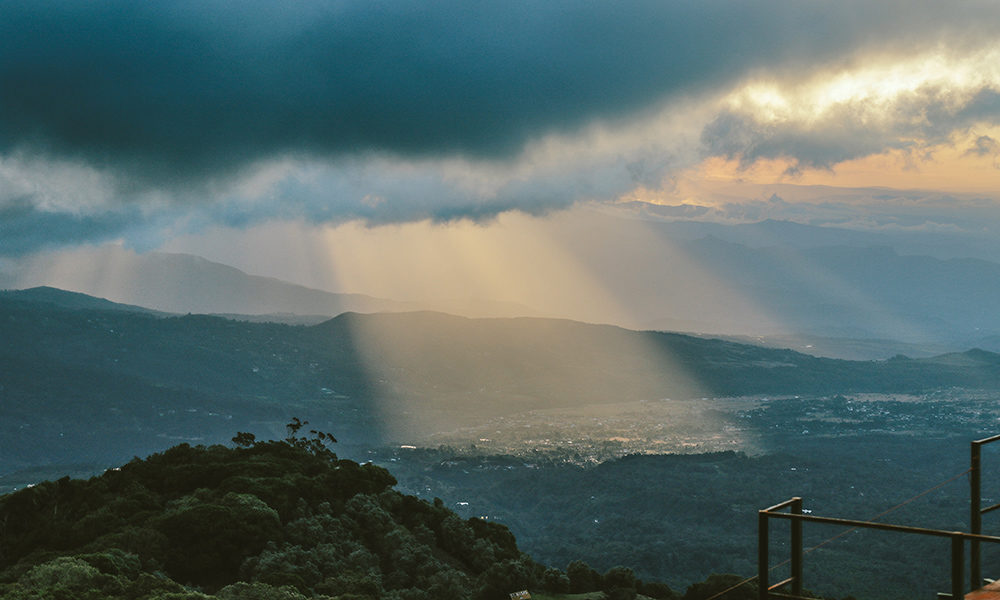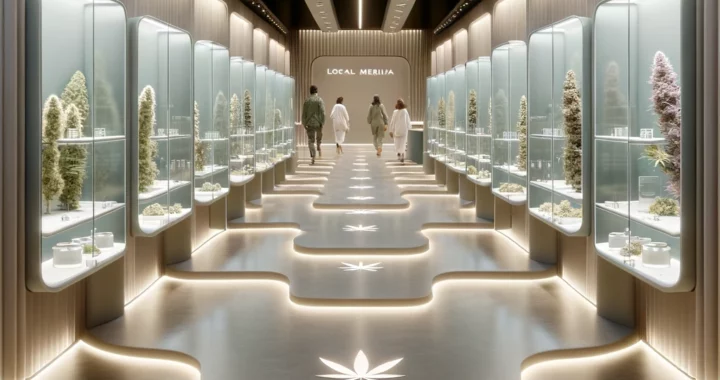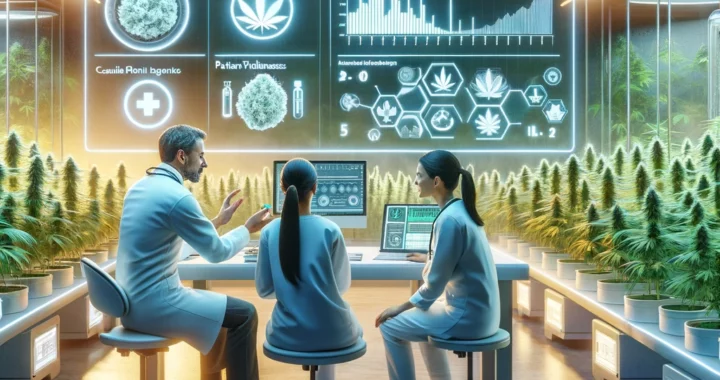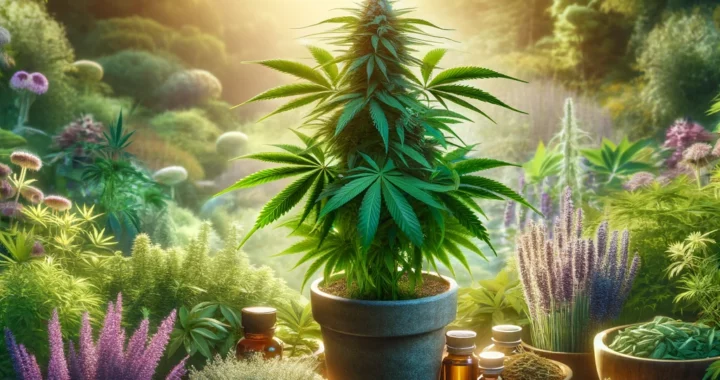Panama Approves Medical Marijuana Law — Is Costa Rica Next?
4 min read
Influenced by proponents’ slogan “For a Pain-Free Day”, the National Assembly of Panama voted on August 30 to legalize medical marijuana.
The bill is now awaiting the signature of President Laurentino Cortizo of the center-left Democratic Revolutionary Party (PRD), which is expected shortly – despite a pressure campaign from the conservative political opposition.
Strict control – but not appeasing conservatives
Medical marijuana measures have been pending in Panama’s unicameral national assembly since 2017. Fundación LUCES Panama, an advocacy group for those suffering from epilepsy, testified before the panel to support patients’ right of access to cannabis.
The statement by Dr. Sandra Carrillo, professor at the University of Panama Faculty of Medicine and the country’s leading medical cannabis specialist.
In an interview outside the chambers of the National Assembly before the vote, Carrillo said sadly, “This law will improve the quality of life for patients…. Some epilepsy patients take two or three drugs and they still don’t work. Medical cannabis offers an alternative that can relieve their pain and suffering and that of their families … There are many Panamanians who suffer from conditions that other drugs could not relieve. “
This year, the President of the National Assembly, Crispiano Adames (PRD), endorsed the final version of Law 153. It calls for the establishment of a technical council on cannabis with two representatives of patient groups to oversee the program. A national register of qualified users is to be set up and initially seven licenses for the import and domestic production of cannabis-based medicinal products are to be issued.
Domestic production should be carried out under strict control, with surveillance systems and other security measures. Pharmacies that sell cannabis products must also apply for a permit and pass a site inspection. Growing your own is not planned.
However, the law was rejected by the Panamanian pharmaceutical industry. While media reports claim that Law 153 was passed “unanimously” because there were 44 yes and no no votes, this is not entirely true. There are 71 seats in the National Assembly and the 27 vote discrepancy appears to be due to either abstentions or MPs excluded from the Chamber due to infection with COVID-19.
MEP Mayin Correa of the conservative Cambio Democrático (Democratic Change) coalition, who recently tested positive for the coronavirus, tweeted angrily after Law 153 was passed: “They didn’t allow me to vote virtually and my vote was ‘NO’ . I do not agree to growing cannabis. ”
She warned of “uncertainty” and “high crime” and called on President Cortizo to veto the law.
Will Ticos be toking?
Activists in Costa Rica, of course, look hopefully at the example next door in Panama. In recent years, the Costa Rica Alchemy advocacy group has been pushing for a medical marijuana program for “Ticos,” as Costa Ricans call themselves.
That year, independent lawmaker Zoila Rosa Volio, a trained agronomist, introduced a bill to the unicameral legislative assembly. It is pushing for both medical marijuana and industrial hemp as a solution for Costa Rican farmers who have been hit hard by free trade policies that have undermined the prices of traditional crops.
“It’s a market worth billions of dollars and Costa Rica could be part of it,” Volio said in an interview in 2018, as the English-language Tico Times recalled.
Last month the draft law was approved by the Environment Commission, which means it can now go to the plenary vote. It is sure to meet stiff opposition from the powerful evangelical bloc in the legislative assembly. This block only controls 14 of the 57 seats, but the rest can be influenced in either direction. Center-left Citizen Action Party (PAC) President Carlos Alvarado says he supports a hemp industry for the country but is not yet convinced of a medical marijuana program.
Health Secretary Daniel Salas recently acknowledged that there is “a growing body” of research showing the benefits of medicinal cannabis, as reported by the Tico Times. However, he added that he opposes recreational use and that production can only take place “if the country has all the conditions to guarantee that there are no security breaches”.
A strong moral voice for medical marijuana in Costa Rica is Rodrigo Martín, a cancer patient in the city of Santa Ana who was given six months to live by oncologists in 2018. He credits cannabis oil treatments with the extension of his life and is now a partner in California’s CannaMed Life. “I made the choice to live, I lead a completely normal life and I owe that to God and cannabis,” he told the Tico Times.
Martín openly admits that he procured the oil illegally – out of necessity. He said that a doctor friend brought in cannabis from abroad and made the oil for him.
That he had to bypass the law to survive has made Martín adamant. He stressed that, against all security concerns, he would push for cannabis to be made more accessible. “What Doña Zoila Rosa Volio does seems phenomenal to me, but I would make it more open, make it more available so that anyone can buy it without a prescription,” said Martín.








 Protected by Patchstack
Protected by Patchstack